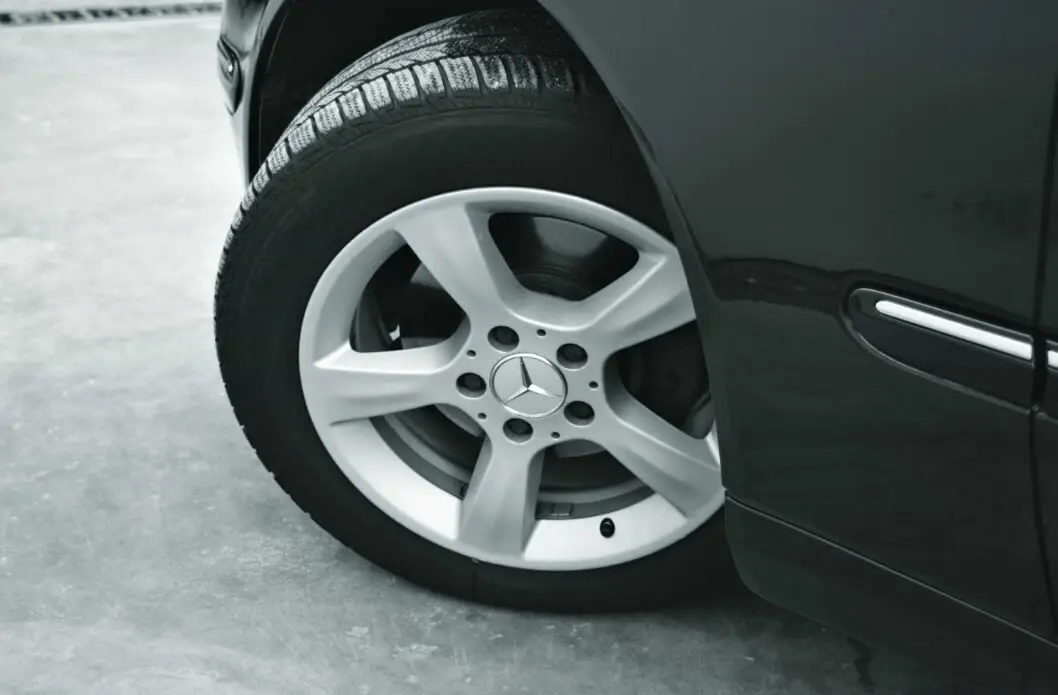Ever noticed your tires squealing when you take a turn? It’s a disconcerting sound that can leave many vehicle owners puzzled. This auditory cue often signals an underlying issue that warrants attention. In this guide, we will delve into the various reasons why your tires may produce this unwelcome noise while turning, and outline the necessary steps to remedy the situation.
Understanding Tire Squeal: A Brief Overview
What exactly is tire squeal? At its core, it’s a high-pitched sound that arises when the rubber of the tire encounters friction, often against the surface of the road. This can occur during accelerated movements or when the steering wheel is turned sharply. While one might dismiss it as a mere inconvenience, it’s vital to recognize that this sound can indicate several underlying problems.
Common Causes of Tire Squeal
To comprehend why tires squeal, it’s essential to explore various potential causes. Each factor below presents a unique set of implications—some minor, while others might herald more significant mechanical issues.
1. Tire Wear and Tear
Over time, tires endure a considerable amount of wear. As the tread wears down, the ability of the tire to grip the road diminishes, leading to increased slippage and noise during turns. If the tread depth is uneven or excessively low, this increases the likelihood of squealing, particularly when cornering.
2. Improper Inflation
Maintaining the correct tire pressure is crucial for optimal performance. If tires are under-inflated, the sidewalls can flex excessively, leading to distorted shapes when cornering. This distortion creates friction against the road surface, resulting in that annoying squeal. Conversely, over-inflation can also induce a rigid ride, where the rubber doesn’t make proper contact with the surface.
3. Alignment Issues
A misaligned vehicle doesn’t just impact tire wear; it can also contribute to squealing noises. When wheels are not parallel or aligned correctly, uneven pressure can cause tires to wear unevenly, leading to increased friction and, consequently, more noise during turns. Experience excessive pulling to one side? This might be a sign of a larger alignment issue.
4. Worn Suspension Components
The suspension system plays a critical role in absorbing shocks and maintaining stability during turns. However, worn-out components like control arms, bushings, or struts can lead to ineffective weight distribution and produce squeaking or squealing noises when turning. If your car feels bouncy or unstable, it’s worth having the suspension checked.
5. Brake Issues
Although less common, sometimes the tires are not the source of the squeal—the brakes might be to blame. If brake pads are worn out or if the backing plate is not properly lubricated, they can create a squealing sound, especially when making a turn. If you notice noise coming from the brakes specifically, do not hesitate to have them inspected immediately.
6. Foreign Objects
It’s possible a small stone or debris has lodged itself in the tread of your tire. This can create unusual sounds during turns as the tire rotates. While this may seem trivial, it’s always wise to check for foreign objects if unusual noises arise unexpectedly.
7. Tire Quality
Not all tires are created equal. Some cheaper or improperly manufactured tires may squeal more than premium options due to inferior rubber compounds or tread designs. Selecting high-quality tires from reputable manufacturers is often a long-term investment that can mitigate such issues.
Implications of Ignoring Tire Squeals
Ignoring the tire squealing could have consequences. While it may not seem urgent, continuing to drive without addressing the issue might result in further damage. Severely worn tires can affect handling and increase the risk of a blowout. Additionally, neglecting alignment and suspension issues can lead to more significant and costly repairs in the future.
How to Fix Tire Squeal
Now that we’ve explored the myriad causes, let’s look at effective solutions to silence those squealing tires.
1. Regularly Inspect Tread Depth
Utilize a tread depth gauge or the penny test to ensure your tires are in good condition. If they are approaching the end of their lifespan, it’s time for a replacement.
2. Maintain Proper Tire Pressure
Check tire pressure regularly—especially before long trips. This ensures optimal performance and reduces the odds of squealing due to inflation issues.
3. Professional Wheel Alignment
If you suspect alignment problems, have your vehicle inspected by professionals. Proper alignment can save tires and enhance overall driving safety.
4. Inspect Suspension System
Have a qualified mechanic evaluate your suspension components if you suspect wear. Replacing worn parts can restore functionality and reduce noise.
5. Brake Maintenance
If brake issues are suspected, have them checked immediately. Replace worn brake pads and ensure all components are lubricated properly.
6. Remove Foreign Objects
Regularly examine your tires for debris and clear any that could be causing noise. Vigilance can prevent squealing in many instances.
7. Invest in Quality Tires
Consider replacing low-quality tires with reputable brands known for durability and performance. Though a higher initial cost may seem daunting, it often pays off in the long run.
In conclusion, tire squeal while turning can stem from a variety of causes, some of which may pose serious safety concerns. By understanding these issues and implementing proactive measures, vehicle owners can maintain their tires better, ensuring a smoother, quieter ride. Don’t ignore that squeal—addressing it can save you from bigger headaches down the road.
